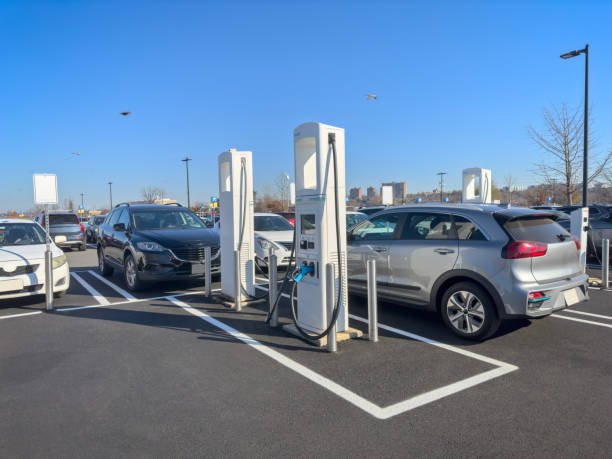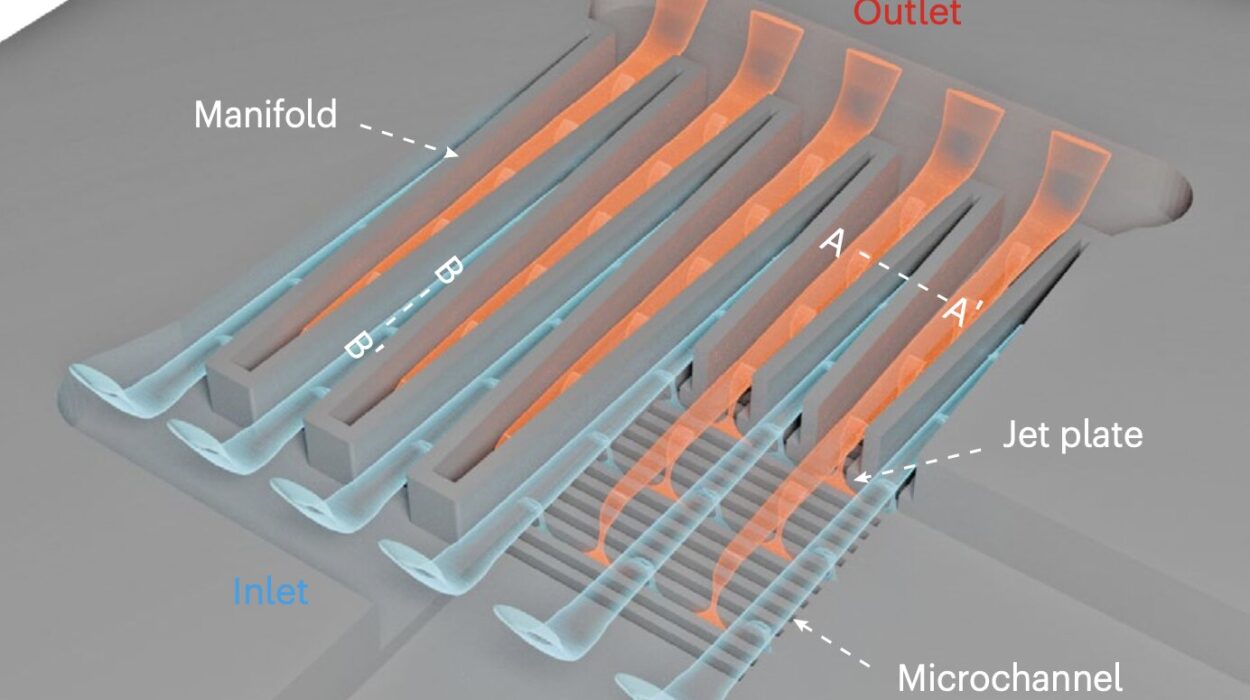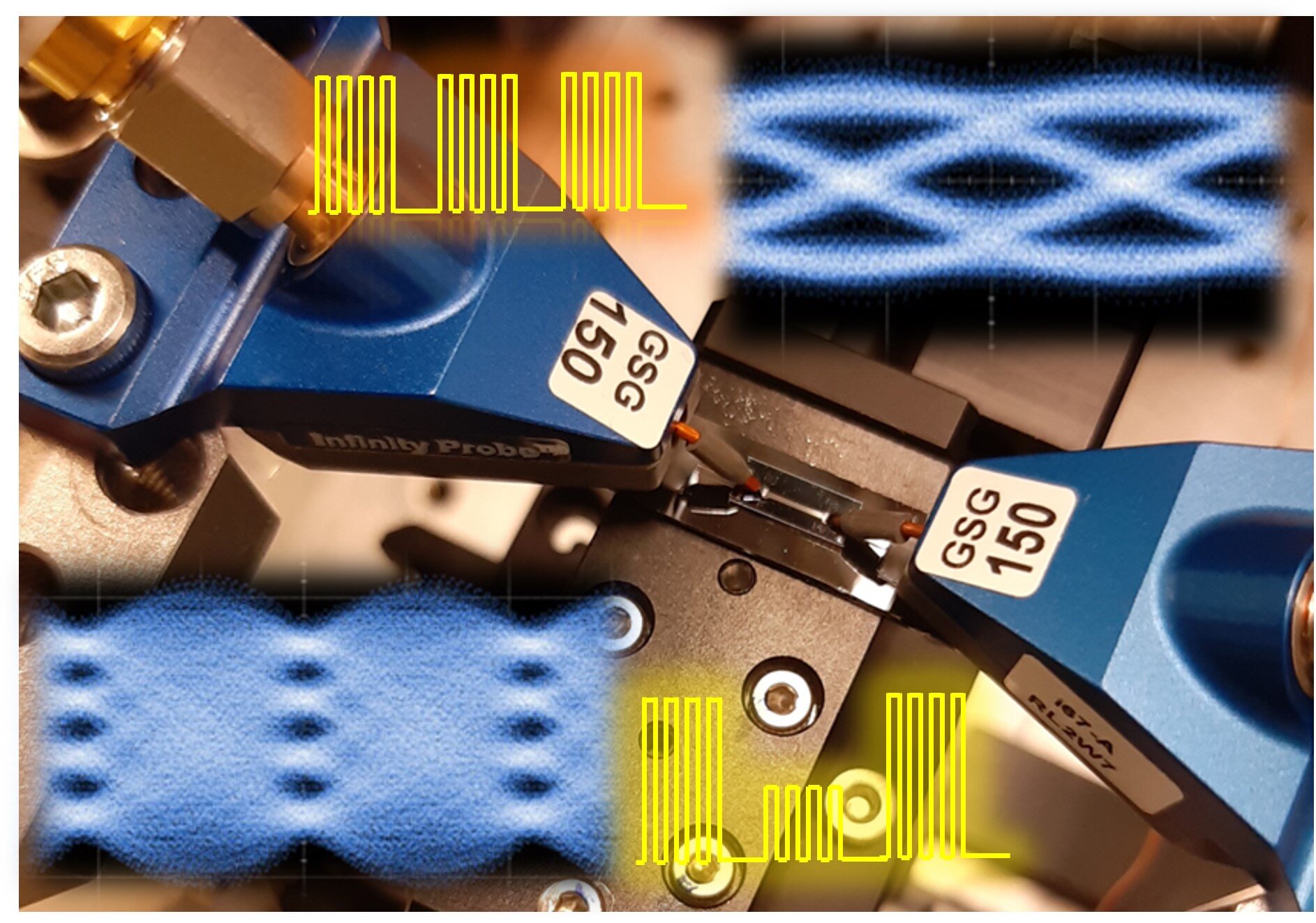Battery-powered electric vehicles (BEVs) are increasingly reliable, offering lifespans comparable to those of traditional petrol and diesel-powered cars and vans, according to a groundbreaking study. The research highlights a pivotal moment in the evolution of sustainable transportation, showing that electric vehicles (EVs) are no longer just a short-term alternative, but are becoming a mainstream option that can match—and even exceed—the performance of internal combustion engine vehicles (ICEVs) in terms of longevity.
Advances in EV Technology Drive Longevity Gains
The study, published in Nature Energy on January 24, 2025, is based on an extensive analysis of nearly 300 million UK Ministry of Transport (MOT) test records. These records, which track the performance and health of every vehicle on the UK’s roads from 2005 to 2022, provided the researchers with a wealth of data to estimate the longevity and survival rates of various vehicle powertrains, including BEVs, petrol, and diesel engines.
The international research team—including experts from the University of Birmingham, London School of Economics and Political Science (LSE), University of California San Diego, and the University of Bern in Switzerland—found that early BEVs were less reliable than their internal combustion counterparts. However, recent advances in battery technology, vehicle construction, and overall reliability have allowed newer electric models to achieve lifespans on par with traditional petrol and diesel cars.
In fact, BEVs are now seen as one of the most rapidly improving vehicle categories, with a 12% lower likelihood of failure (hazard rate) for each successive year of production. This is a significant leap when compared to 6.7% for petrol vehicles and 1.9% for diesel vehicles, which showed slower improvements in reliability over the years. The data indicates that BEVs, which once suffered from battery degradation and performance issues, have overcome these challenges and are now more robust, even under intensive use.
BEVs Surpass Petrol Cars in Mileage and Longevity
One of the key findings of the study was the increase in the average lifespan of BEVs. Researchers concluded that BEVs now have an average lifespan of 18.4 years, outpacing the longevity of traditional petrol vehicles in terms of total mileage. BEVs, on average, can travel up to 124,000 miles—a distance that exceeds the average for petrol-powered cars, which typically last for about 100,000 to 120,000 miles. This indicates that modern electric vehicles can match their petrol counterparts in longevity, even as they continue to evolve and improve in performance.
In terms of brand performance, the study also identified the best performers across different vehicle categories. Tesla, which has led the BEV market with its cutting-edge technology, was found to be the top performer among electric vehicle brands. For petrol and diesel vehicles, Audi and Skoda stood out for their long-lasting models, with Audi leading the petrol category and Skoda leading in diesel vehicle longevity.
Environmental Impact and Sustainability of BEVs
The study not only delves into the longevity of electric vehicles but also emphasizes the environmental benefits of BEVs, particularly as Europe transitions to a more renewable energy mix. While the production of electric vehicles results in higher initial emissions—due to the energy-intensive manufacturing of batteries—the research shows that these emissions are quickly offset over the life of the vehicle. A long-lasting BEV can significantly reduce its overall carbon footprint, especially as the vehicle is powered by increasingly green energy sources.
Dr. Viet Nguyen-Tien, a co-author from the LSE, commented on the broader implications of the study: “Our findings provide critical insights into the lifespan and environmental impact of electric vehicles. No longer just a niche option, BEVs are a viable and sustainable alternative to traditional vehicles—a significant step towards achieving a net-zero carbon future.”
The environmental sustainability of BEVs, paired with their growing reliability, positions them as a long-term solution to the challenges of climate change and pollution, providing consumers with a cleaner, more efficient way to travel. As the energy mix becomes greener, the environmental case for BEVs becomes even more compelling, further accelerating their adoption.
Informing Consumer and Policy Decisions
This research is also valuable for consumers and policymakers alike. By providing reliable data on the longevity and environmental benefits of BEVs, the study offers consumers a clearer understanding of how electric vehicles compare to traditional cars in terms of long-term ownership. With this information, buyers can make more informed decisions when purchasing a new vehicle, knowing that modern BEVs are now a durable, reliable, and environmentally friendly choice.
For policymakers, the study provides valuable insights into how to design regulations and incentives that promote the widespread adoption of durable, eco-friendly vehicles. Understanding the longevity of electric vehicles is crucial for fleet replacement strategies, planning for vehicle recycling, and ensuring that end-of-life treatment processes are effective and sustainable. By supporting the growth of a durable and reliable EV market, policymakers can accelerate the transition to sustainable transportation on a broader scale.
Conclusion
In conclusion, the study demonstrates that Battery Electric Vehicles (BEVs) have evolved significantly, now matching the longevity and reliability of traditional petrol and diesel vehicles. With BEVs averaging a lifespan of 18.4 years and the ability to travel up to 124,000 miles, these vehicles are becoming a practical and sustainable alternative for consumers. The rapid advancements in technology, particularly in battery performance and vehicle design, have allowed BEVs to outperform older models in terms of reliability, reducing failure rates year after year. Beyond their durability, BEVs offer substantial environmental benefits, especially as the energy mix shifts to renewable sources. This study provides valuable insights for consumers, policymakers, and businesses, helping them make informed decisions about vehicle choices and sustainability. As electric vehicles continue to improve, they play a crucial role in the fight against climate change, steering the world toward a cleaner, greener future in transportation.
Reference: The Closing Longevity Gap between Battery Electric Vehicles and Internal Combustion Vehicles in Great Britain, Nature Energy (2025). DOI: 10.1038/s41560-024-01698-1






